What is individual coffee? Something you should know about individual coffee
Professional coffee knowledge exchange more coffee bean information please follow the coffee workshop (Wechat official account cafe_style)
When you walk into a coffee shop and see other people's coffee, you have ever wondered: why is everyone so popular with individual coffee? What does single coffee stand for? What's the special meaning of individual coffee?
You are not one of the few people who think so. Individual coffee is of great significance. Today we will quickly discuss the importance of individual coffee and popularize some knowledge that can be put into practice.
What does a single origin, a single producing area and a single manor represent?
"single origin" is a widespread term, usually interpreted simply as from a single producer, a single crop, or a region of the same country of origin. On the other hand, "single manor" and "single producing area" represent that the coffee comes from the same manor, processing plant or cooperative, and then the buyer can see the name of the producing area, specific producing area or manor marked with coffee growth. it is even a micro-producing area (a specific variety in a particular manor).
However, this does not entirely represent the meaning of individual products, such as SCAE's Andra Vlaicu said: "the most important thing about single coffee is that it can be traced back to the source, you can know exactly where the coffee comes from, it is a single product rather than a mixed formula." Usually of higher quality, you can see the resumes of the production of specific estates, and the flavor of these coffees is as it should be, with the characteristics of specific coffee grown in a particular area.
This is why the third wave of coffee craze loves single coffee-everyone knows more about the coffee you drink and how it will affect the flavor of the coffee during the planting stage.
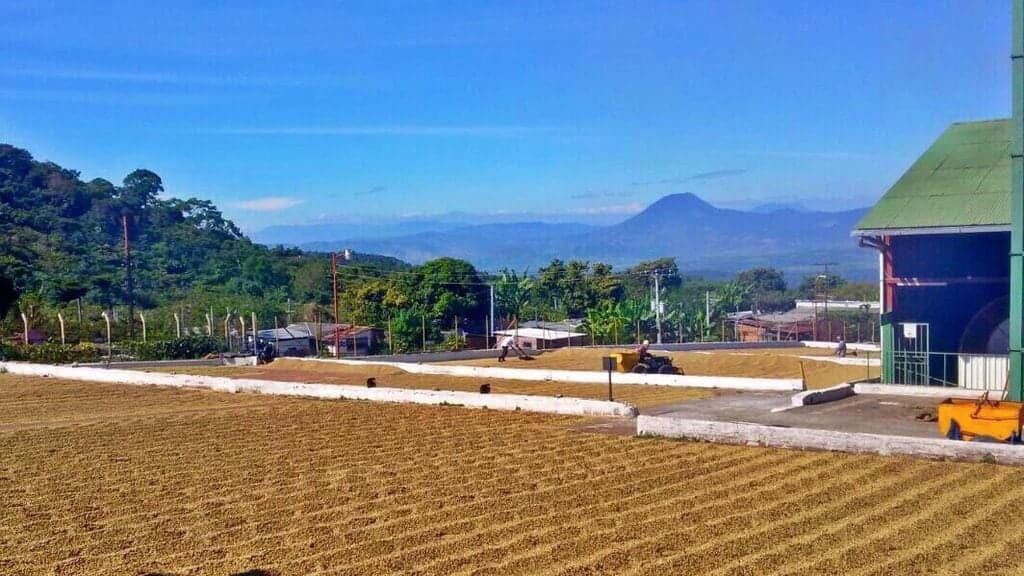
The increasing popularity of individual coffee
So how does individual coffee get into the mainstream? According to Jeremy Torz, founder and general manager of Union Hand-Roasted Coffee, the interest in coffee is due to the increase in the number of boutique coffee shops that offer different brewing methods such as hand brewing or Philharmonic pressure. "other coffees can be provided without sacrificing the core value of coffee, and these coffees are transferred to the world of coffee. Based on the rapidly changing nature of the industry and the desire of baristas to keep experimenting and innovating, it is not surprising that many people in the industry are ready to jump away from tradition and look forward to the experience of reshaped coffee in the 21st century. "
Individual coffee seems to be popular because of the traceability of the source. Andrew Hetzel of Caf é Makers Coffee Consultants said: "the educated consumers I have met are looking for new flavor coffee to help them explore these multi-flavor experiences and feelings from the good coffee experience. Most consumers are not educated or interested in being educated, but they can be guided to try good coffee in ingenious ways. This information provided by the baker or retailer is helpful in explaining the source of the coffee beans (manor, land, farmers, climate, variety, treatment, etc.). The more detailed the better.
In the coffee trend, providing transparent information and innovative methods is very attractive, so it is not surprising that individual coffee items are very popular.
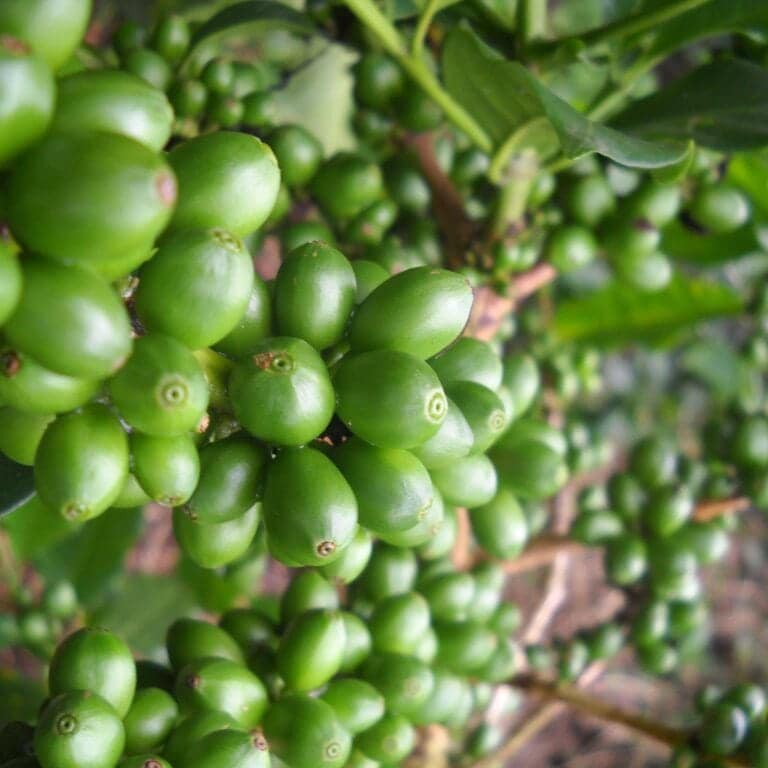
The demand for individual coffee has driven the change of origin.
So in the process of coffee production, what affects the increasing popularity of individual coffee?
It turns out that the market is large enough to influence the way it is grown, and some farmers (farmers who specialize in fine coffee) are developing and improving high-quality crops for market demand. Find out some of the varieties or cultivars they have chosen to experiment with, and their techniques have been able to control the growth stage, harvest period and harvest techniques, treatment plants and coffee treatments.
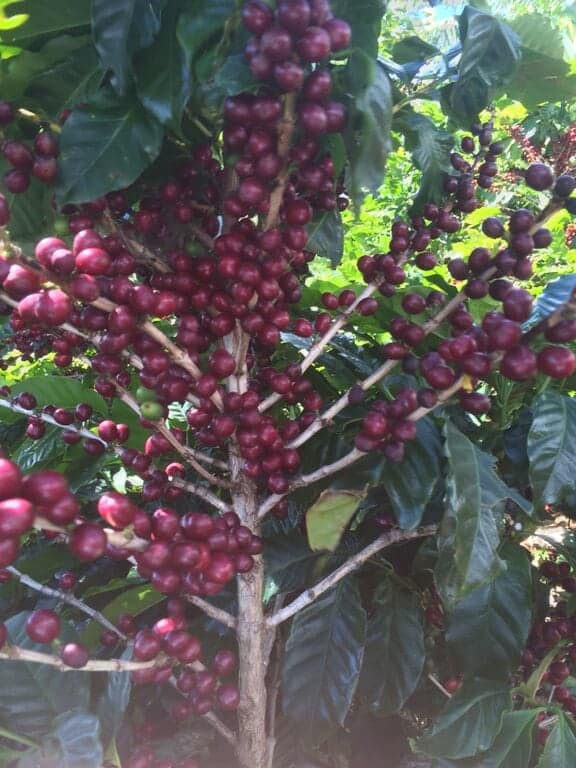
Direct Trade promotes Coffee quality
These experiments would not have happened without direct trade, and we have seen deeper communication between bean bakers and coffee farmers in pursuit of higher quality coffee. Producers expect bean bakers to share market trends with them, but boutique bean roasters, who have been looking for new items of coffee, now have easier access to farmers and can learn about coffee from farmers.
Searching for beans in the producing area is becoming more and more popular, providing more knowledge about bakers and raw bean merchants. In fact, few boutique bean bakers do not know the information about their beans in detail to understand the effects of planting noodles and treatments on coffee beans. Growers, buyers and bakers will test directly in the cup of origin. In order to compare the scores of the processing method and the bean cup test, sometimes up to 100 cups of coffee a day can be used as coffee information for both parties to trade. As far as consumers are concerned, the coffee information seen now is becoming more and more detailed.
However, not only farmers and bean bakers, but also end consumers play a role. Why? Because the last person to accept high-quality coffee is the consumer. According to Jorge Raul Rivera, vice president of J. Raul Rivera S.A de C.V and representative of Finca Santa Rosa Manor in El Salvador:
"consumers will enjoy the harvest of farmers' hard work throughout the year, which also encourages coffee farmers to work hard and show the results of their hard work to provide consumers with a great coffee experience.
With end consumers constantly demanding higher quality, coffee farmers will try their best to grow better beans, so bean bakers have to pay more reasonable prices for hard-working coffee farmers.
So the next time you order a boutique coffee, it feels good to remember that you are improving the quality of your coffee and pursuing business ethics.
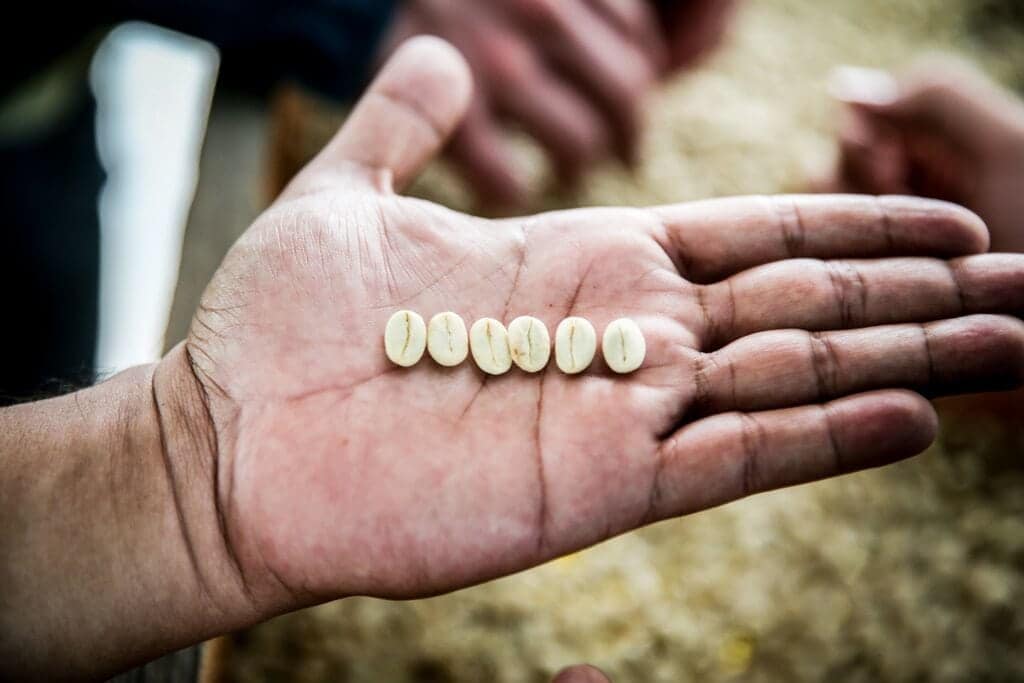
How does the coffee industry measure the quality of coffee?
So we would think that usually a single origin represents good coffee, and this coffee must be combined with direct trade, to improve the quality of high-quality coffee and stable supply conditions, but how do we know that coffee is of good quality? After all, a single item does not represent good quality.
So the coffee industry has developed evaluation systems, and these globally authoritative systems (such as Outstanding Cup CoE or coffee quality appraisal agency Q) are evaluating the quality of coffee, covering high-quality single-origin, single-producing areas and micro-batches of coffee. These systems not only guide consumers to buy coffee, they also lead to the continuous purchase of higher-quality coffee beans, and when farmers and bean bakers use these systems to market their coffee, the good coffee produced will be well paid.
The three main systems used are Zhuoyuo Cup CoE, coffee quality appraisal agency Q, and Coffee Review. The excellent Cup Competition is to evaluate these professionally produced and quality rare batches of coffee, which is the most recognizable evaluation in the boutique coffee industry. The system of coffee quality appraisal agency Q follows the standards of SCAA (American Fine Coffee Association). From the evaluation of producers and planting stages, the categories include boutique Arabica, boutique Robusta and formula beans. Coffee Review, on the other hand, is arguably the most well-known and influential coffee purchase guide in the world. It is very valuable to bean bakers and retailers, and can present a complete resume of baked beans.
So how do these people judge the quality of coffee? Isn't coffee drinking subjective and biased? Yes, but these evaluation systems try to quantify coffee quality and remove subconscious biases, usually using blind tests and 100-point evaluations, although the criteria for each system are slightly different, and you will usually find that they use professional sensory and taste scores when describing coffee flavor categories.
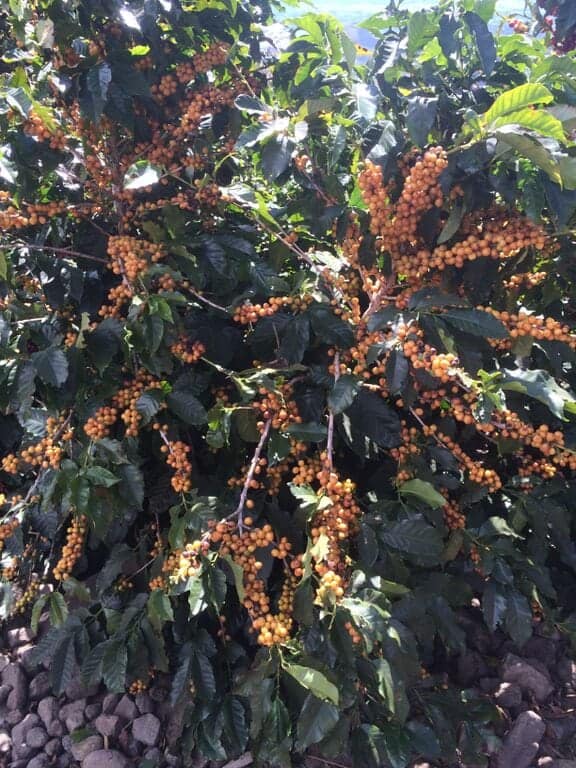
What do coffee farmers think of single-item coffee?
We hear a lot of theories about single-source coffee, but what do coffee farmers think of it?
Today's coffee farmers, especially those who focus on specialty and single-origin coffee, are very proud of the quality of their coffee, they care about the flavor that ends up in the cup and reflects the quality to the consumer. Andres Salaverria, of Jasal Café, El Salvador, said: "It is incumbent on the individual coffee farmer to let consumers know the face or outline of the specialty coffee... It's also about showing consumers how these coffee farmers put a lot of effort into the coffee they grow.
Cesar Magana runs Lechuza Café in El Salvador and is a coffee farmer, barista and roaster who runs three small estates for Pacamara coffee (Pacamara is a hybrid bred in El Salvador known for its floral flavor, sweetness and smooth body). Magana believes that consumers want the best coffee, which means they have to rely on direct trade linking coffee farmers to the resources they grow. "If they know the value of coffee, everyone promises to continue to invest more in the coffee supply chain." The barista or roaster should provide first-hand information about the farmer and the estate, which to me is a beautiful picture and the true meaning of single-serve coffee.
Therefore, coffee farmers 'associations advocate single-serve coffee as a way to increase the transparency of coffee information.
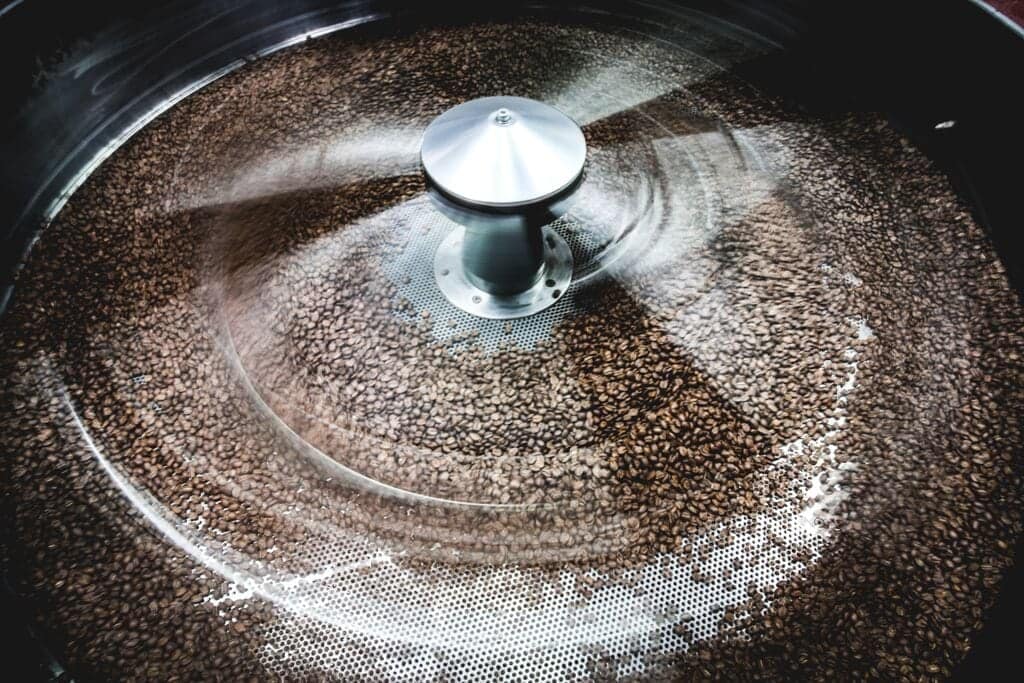
What does the bean baker think of individual coffee?
Coffee farmers support individual coffee, but what about the bean baker?
Steve Hall, Caravan Coffee Roasters's raw bean buyer and director of quality control, said that at first, the purpose of individual coffee was not to pursue high quality, it was just to distinguish it from the bean baker's exclusive formula in the cafe. Now, it feels that for most boutique bean bakers, individual coffee has not been treated fairly to coffee farmers and coffee. now we have been talking about a single variety, a single manor, and the more we discuss it, the more fascinating it becomes.
So is it a bad word that represents a single origin? For Steve, it may be more appropriate to describe a single origin as inadequate. "think of a country like Tanzania, which has a tropical marine climate, to the snow-capped Kilimanjaro Mountains, the Neri Desert, Lake Victoria and the Serengeti National Park. It is right on the edge of the following coffee producing areas: Rwanda, Burundi, Kenya, Uganda, Mozambique and the Republic of Congo; its coffee flavor changes very well. You can't just use a single origin to describe the beautiful and diverse flavor of this coffee, but because there is no better word, we can only use a single origin to call these coffee. Over time, single origin has become synonymous with quality, and basically the bean baker will say, "I think this coffee is great. I want you to know more about it!" "
What does individual coffee mean to consumers?
We all agree that the single origin is good coffee, especially the coffee that has won the prize in the Excellence Cup competition, but is that what we want?
No, no.
"single estates are now more likely to be mainstream than single origins," Jeremy Torz advises. When coffee shops want to offer some unique drinks, and many agents and importers are looking for a variety of small batches of coffee, rather than 300 bags of the same type, bean bakers will pursue coffee with a clear source. like wine estates or winemakers, while providing information on the origin of food and beverages seems to increase public interest in the product. He advises consumers to know more about pre-harvest procedures in addition to the country of production and roasting, because these are to help you learn more about the factors that affect the flavor of coffee, not just the origin of coffee.
So the point of single origin is to let you know why these coffees are so good.
Here are some tips to help consumers interpret the coffee shop's menu:
Filtered coffee
In my experience, "single vs formula beans" are often compared to "exploratory vs conservatives" by filtering, and if you want your coffee to be your signature, reliable, irreplaceable and out-of-stock item, the mixed beans are perfect for you. For those who want to continue to explore the flavor of coffee, individual coffee can provide a variety of flavor choices, from unrestrained flavor to insipid flavor.
Espresso
The choice is similar to filtered coffee, and boiling and concentrating with single or mixed beans is also similar to the "Discovery vs Adventure School". To some extent, the author's advice may not be the same as the drink you ordered. Making espresso with blended beans is often the primary goal of pursuing flavor balance, and when it comes to drinks based on milk, it is recommended that blended beans are fused rather than single beans, because blended beans can provide firmness with extended flavor. and set off the coffee with milk. Some individual beans are suitable for making espresso, and the ratio of milk to coffee should be right, but the best way is to ask your barista to give you advice. If you often drink espresso, you should try the difference.
Now you have a preliminary understanding of individual coffee, what's the next step? If you know that different geographical conditions and micro-climate will have such a great impact, it is normal to be a little scared. The way of the world is more for you to explore, and there is no need to say it here. Don't hesitate to explore and start trying a single cup of coffee. Bean bakers and coffee farmers want to bring you in and help you understand the industry, so don't be afraid to ask questions and give some feedback as you enjoy your coffee, sharing one cup of coffee at a time.
Written by A. Pipunic and edited by T. Schrock.
Perfect Daily Grind.
Original source:
Http://www.perfectdailygrind.com/2015/09/everything-you-need-to-know-about-single-origin-coffees/
Important Notice :
前街咖啡 FrontStreet Coffee has moved to new addredd:
FrontStreet Coffee Address: 315,Donghua East Road,GuangZhou
Tel:020 38364473
- Prev

Trade oil for coffee? Flavor and taste characteristics of Venezuelan coffee.
More information on coffee beans Please follow the Coffee Workshop (official Wechat account cafe_style) Coffee trees were introduced from Martinique in Venezuela in 1730, but at the height of the oil industry, coffee production was almost abandoned. Fortunately, coffee cultivation has begun to recover recently, and the original Typica and Borubon coffee plantations have laid the foundation for coffee exports.
- Next
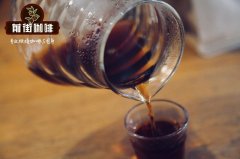
Introduction of planting varieties of Rose Summer Manor in Rosa Village, Ethiopia by Lot#961
Professional coffee knowledge exchange more coffee bean information please follow the coffee workshop (Wechat official account cafe_style) name: Ethiopia Rosa Village (geisha village) Manor sun geisha Lot#961 (Ethiopia Gesha Village Coffee Estate Natural Geisha Lot#961) flavor description: spices, chocolate, wine, sweet cherries, sweet hot
Related
- Detailed explanation of Jadeite planting Land in Panamanian Jadeite Manor introduction to the grading system of Jadeite competitive bidding, Red bid, Green bid and Rose Summer
- Story of Coffee planting in Brenka region of Costa Rica Stonehenge Manor anaerobic heavy honey treatment of flavor mouth
- What's on the barrel of Blue Mountain Coffee beans?
- Can American coffee also pull flowers? How to use hot American style to pull out a good-looking pattern?
- Can you make a cold extract with coffee beans? What is the right proportion for cold-extracted coffee formula?
- Indonesian PWN Gold Mandrine Coffee Origin Features Flavor How to Chong? Mandolin coffee is American.
- A brief introduction to the flavor characteristics of Brazilian yellow bourbon coffee beans
- What is the effect of different water quality on the flavor of cold-extracted coffee? What kind of water is best for brewing coffee?
- Why do you think of Rose Summer whenever you mention Panamanian coffee?
- Introduction to the characteristics of authentic blue mountain coffee bean producing areas? What is the CIB Coffee Authority in Jamaica?

